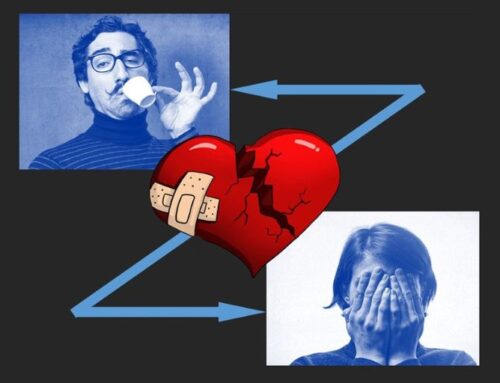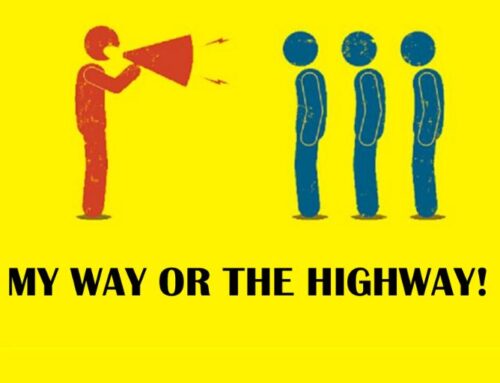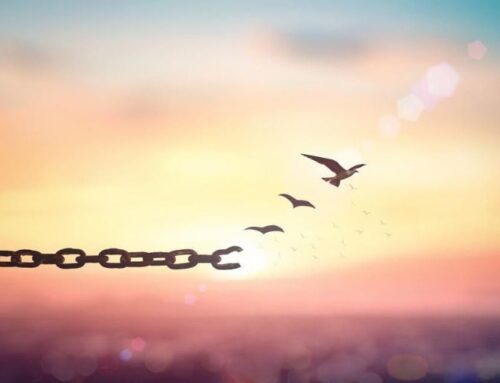“…addiction is the great leveler, people or the media may have this perception of street people or “low lifes” … but it crosses all classes, all boundaries.” Jeremy Maddison
“There’s no invisibility cloak for addiction, however mega-wealthy you are.” Niall Campbell
If you’ve ever attended an addiction recovery program or meeting of any sort, it will quickly become apparent that addiction affects people of every age, background and walk of life.
However, anyone who is even mildly observant, will soon come to the same conclusion.
The bottom line is this: it isn’t just the down-and-outs of this world that are the addicts. And, all kinds of families, communities and workplaces have been affected by someone else’s addiction.
Here’s one story:
G, who comes from a solid middle-class family, is struggling with addiction. She is both highly educated and in a well-paid job. Yet, she has been addicted to prescription medication for at least 10 years. Yes, she gets to work each day, but night-times and weekends she isolates and devotes herself to her drug-taking. Friends and family have given up on her, because, let’s face it. She’s not a lot of fun to be with. Is she in despair? Is she miserable? Is she totally unwell? Yes. But the question is how much deeper does her crisis have to become for her to reach out for help?
And another:
Outside of his family, not many people know about R’s drinking. He goes to work every day, serves on a couple of community boards and coaches a sports team that his son plays on. An upstanding guy. Yet his weekly binges are disrupting family life. When he drinks, he can’t stop. Then he either goes into a rage or passes out or both. His children have become afraid of him. His wife is considering separation. While his family have tried to get him into a treatment program, he refuses. His family members now attend recovery meetings of their own. When and if he will seek recovery is a complete unknown.
Is Addiction a Moral Issue?
Some would argue that G and R (above) are completely and utterly morally bankrupt individuals. But are they really? No. Of course not.
You see, addiction is not a choice. The addict is neither a good person nor a bad person even though they might do bad things when under the influence.
It’s more accurate, in my opinion, to think of addiction as a condition, which has physical (brain), psychological and “spiritual” components to it. I believe that it likely starts with a physical or brain sensitivity to a substance. It then becomes a need for managing emotional issues that either pre-exist the addiction or that are created by it . Often, a “spiritual” void or a disconnection from the authentic self and other people is part and parcel of the addictive process.
Part of the Human Condition?
We could say that addiction it is common to the human condition, just as any other affliction or disease is.
Sometimes people going through crises of one type or another will be drawn to the emotional, psychological or physical pain-killing properties of a substance (e.g. alcohol, drugs or food) or a process (e.g. sex or gambling). During those times, some people may not become addicted to the substance while others may. And the reasons for this are complex, but new theories hold that, while addiction begins in the brain, it may then continue for other reasons (e.g. psychological, emotional).
But, even when there is no crisis, humans are naturally drawn to the pleasure effect of whatever substance or process. After all, our brains are built to seek pleasure and to avoid pain.
For many addicts, there is a family history of addiction. But for others there is no family history at all. And sometimes, even those with a family history of addiction, will not become addicts themselves. Again, the reasons for this are complex.
The thing is this: humans (and sometimes other animals) have a propensity toward addiction. It is part of our wiring, if you like.
Unhelpful Beliefs About Addiction
Given the above, I would suggest that there are some less than helpful beliefs about the addict and addiction in general.
Addiction is a cause for shame and blame. I believe that there is no room for arrogance, shame or blame when it comes to addiction.
Addiction is an infliction. No one wants to be an addict. It isn’t a conscious choice. It happens and once in its grip, it can be very difficult to escape.
For that reason, I contend that addiction is a cause for compassion rather than disdain, no matter if you are the addict or if the addict is a friend or family member.
For family, friends and co-workers, a dose of humility will help along with the attitude, “There but for the grace of God go I.” Moral rectitude will not protect you or yours from addiction.
Addiction is about a lack of willpower. A common belief is that addiction is the result of a lack of will power on the part of the addict and or a lack of control over the user by friends or family members.
But the truth is that willpower alone will not stop the normal, garden-variety addict from using. Most addicts have tried to control their usage. It might work for a while, but sooner or later, they “pick up” again, the result being increased despair and further deterioration of health and relationships.
Family members try all sorts of strategies to prevent or inhibit their loved one’s using, but it doesn’t work. The result for the family is more pain and more dysfunction within the family circle.
However, there is one useful word when it comes to addiction and that is “willingness”. When and if the addict becomes willing, truly willing, to seek help, that opens the door to a synergistic process known as recovery. That help might come in the form of specialist (and sometimes medical) treatment, a 12-step program or combination thereof.
The family too needs the healing that willingness brings. The family needs to be willing to keep an open mind and try something new. For example, taking a “hands off” approach when it comes to the addict and the addiction. That doesn’t mean desertion or abandonment of the addict. It means being willing to relinquish the illusion of control. To do that well and safely, families need support and there are an array of community groups that are equipped to help families of alcoholics and addicts.
There are better or worse types of addicts (or addictions). There are no better or worse types of addicts. For example, a food addict is not classier than a meth addict. The food addict may not live on the streets, but the foodie is really no more in control of their addiction than the meth-head. And, like it is for any other addict, the effects of the foodie’s using may lead to a deterioration in relationships and health, and possibly death.
No matter the substance (or process), most addictions can and do escalate, resulting in harm to both the addict and those close to them.
I can do it alone. Recovery from any sort of addiction is a difficult but not impossible. For most addicts of whatever variety, it is hugely easier when not done alone. That’s because most addicts, in my view, need the right kind of support, not just from family, but the support they can get from peer recovery groups and professionals. For the addict isolation, going it alone, can be a killer.







